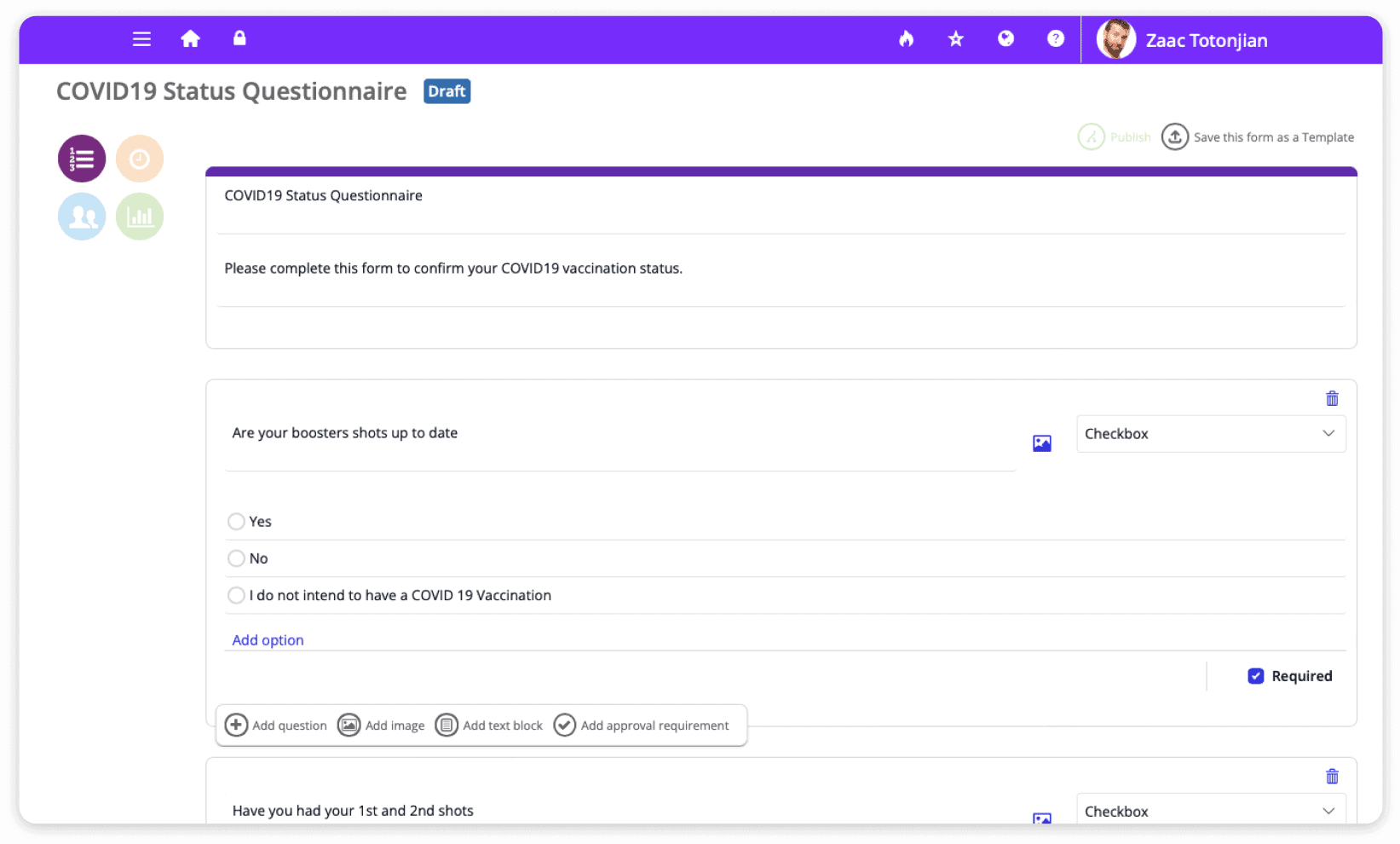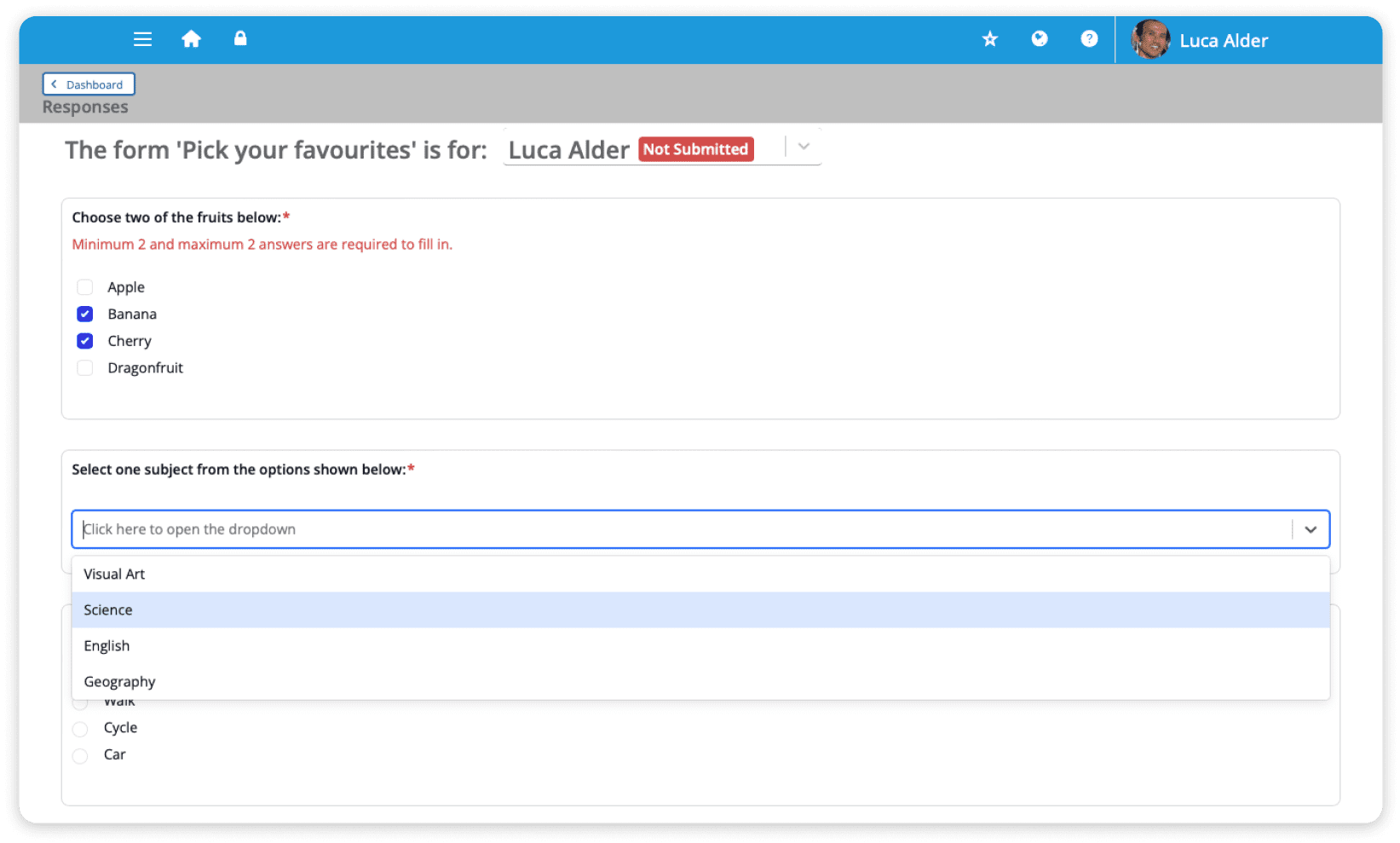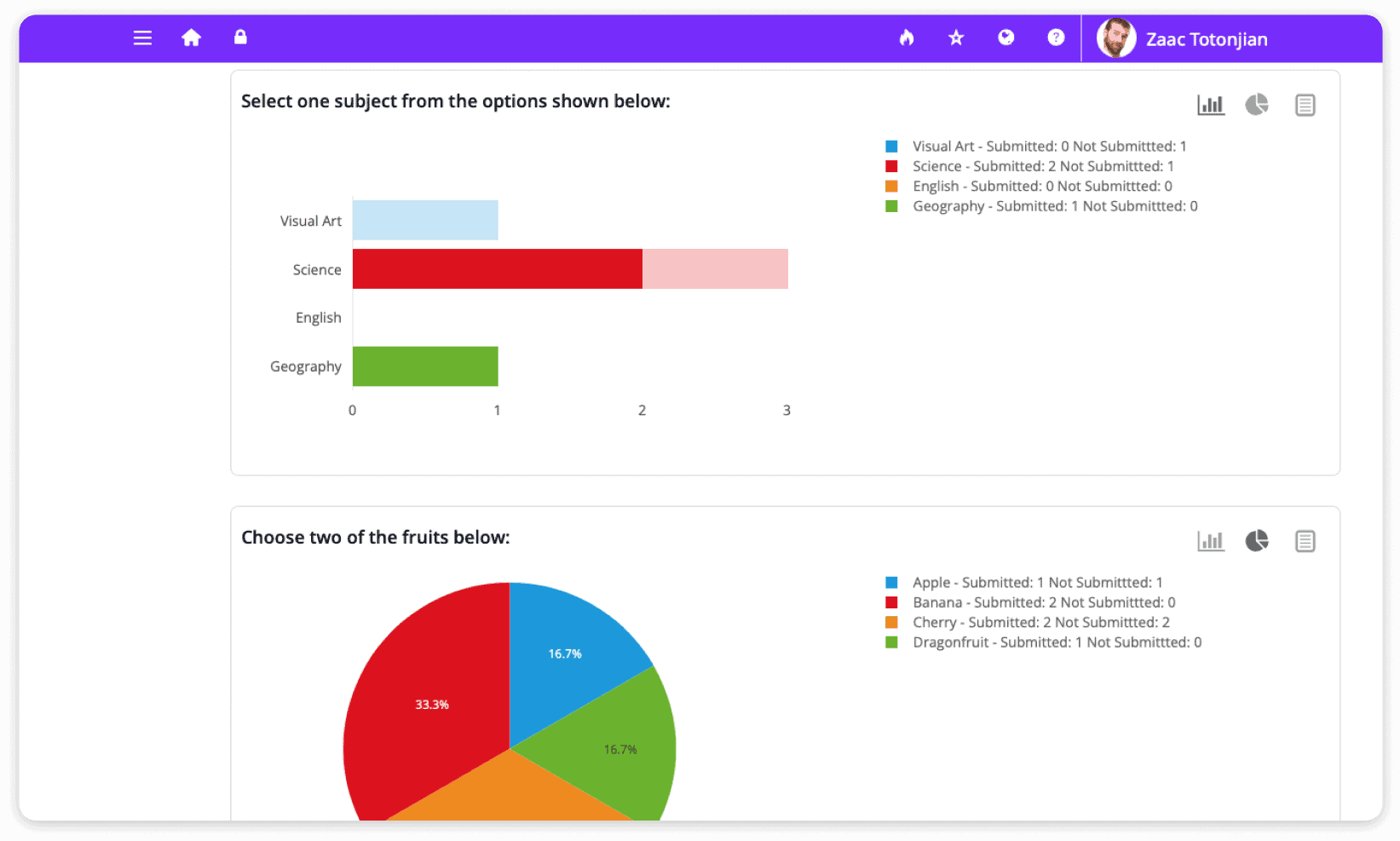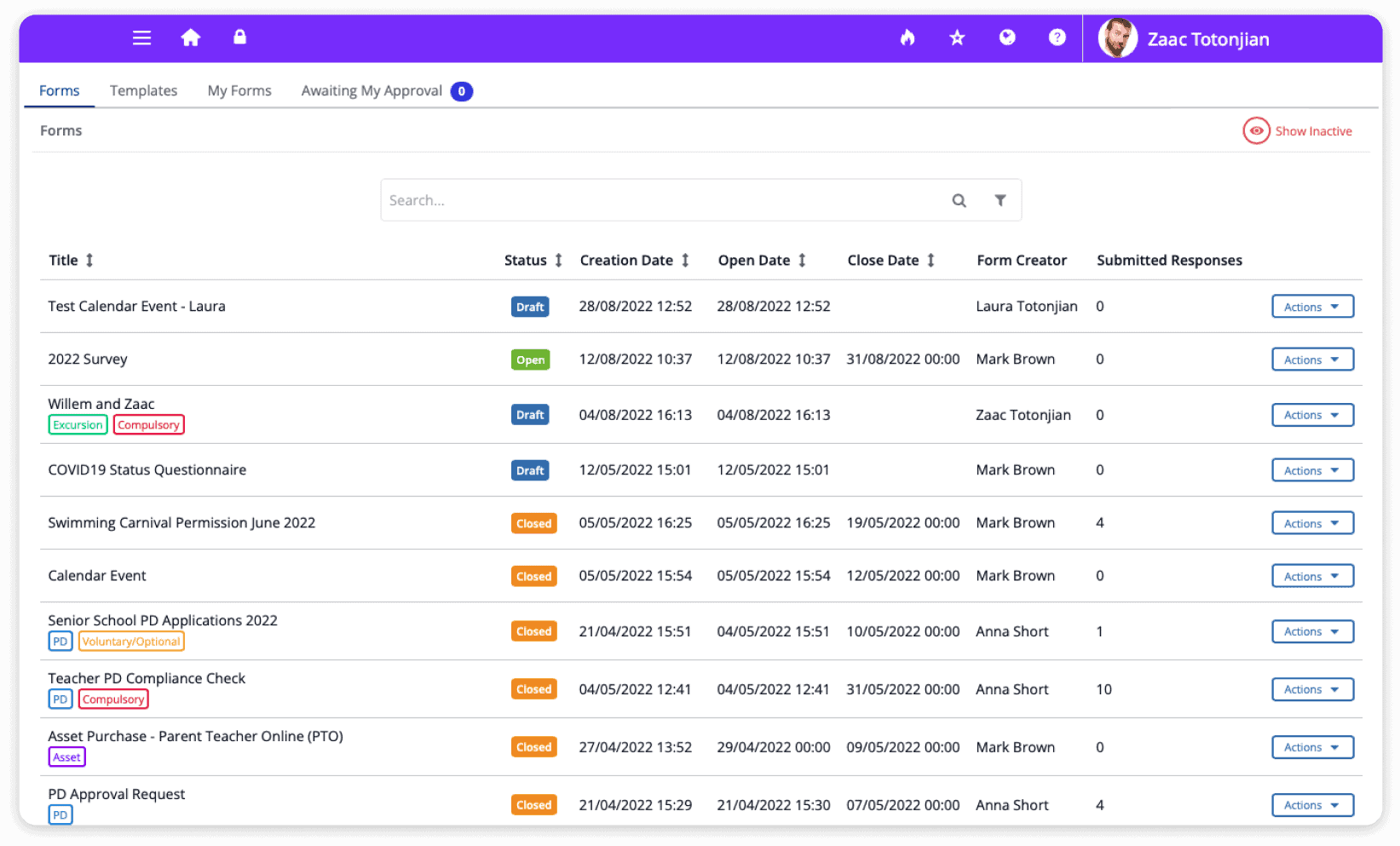EduConnex Adapts to Evolving Student and Educator Needs
In education, there is a litany of information to track – attendance reports, health records, feedback forms, evaluations, and budget allocations to name a few.
This information often lives in disparate systems, making it challenging for educators to compile data into actionable insights to better serve students. Dealing with a complex series of portals, logins, and databases isn’t easy for anyone – students, educators, parents, or administrators. But this difficult technical framework is often standard fare for schools and the communities they serve.
Australian technology provider, EduConnex, is a small business focused on delivering holistic software solutions to educators around the country with a focus on the most important commonality in their work: the students.
“We realize as a company how important the development of children is from primary school to high school, and one of our main goals as a company is to prevent children from falling through the cracks,” said EduConnex General Manager, Zaac Totonjian.
Nearly 1,000 schools in Australia are using one of EduConnex’s applications. Their flagship student information management system is the most sophisticated of these and is designed to holistically manage a range of processes such as academic reporting, behavior, calendars, events, enrollment, communications, medical records, curriculum, attendance, permissions, notes, and finance.
EduConnex was built with traditional C# programming, which currently meets the needs of their customers, however making quick updates in response to new market demands can be a challenge.
To better serve their customers, EduConnex and long-time implementation partner, WeDoApps, adopted the Mendix platform in 2021 to rapidly deliver a completely new module that sits within their student information management system in just 12 weeks.
A New Market Opportunity
When educators need to gather information from parents, students, or other teachers, they might look to one of the many off-the-shelf tools such as Google Forms or SurveyMonkey. However, these solutions collect data which:
- Remains siloed from other areas of student information management
- Are limited in customization
- May not meet the organization’s security standards
“Listening to our customers is super important for us. We’re not a distant supplier, we spend time on the phone with them and engage them quite a lot,” said Totonjian. “The feedback that we get from them is really important and helps us shape how our products look.”
In addition to customer feedback, the market need for a ‘forms-like module’ was solidified when EduConnex responded to a major education department’s tender requiring this functionality. The tender was to deliver a system which would rapidly modernize the department’s student information management.
In submitting their response, EduConnex decided to create a module referred to as ‘Forms.’ To take the enhancement to market quickly, EduConnex looked to low-code, as delivery of the module with traditional development would have taken 18 months.
“The cost of developers, analysts, and unit testers can sometimes become cost prohibitive, and the idea is that you don’t want to try and move a giant behemoth to get an application out when it needs to be done yesterday,” Totonjian recalled.
“For us, low-code became an interesting alternative once a business partner had mentioned it to us. We researched and experimented with a prominent low-code provider. After 2 years we realized this was not the solution we were seeking, so we continued exploring and came across Mendix which has brought us to a much happier place today.”
The EduConnex team cited unacceptable bugs, poor customer support from their previous low-code platform provider, and a lack of enablement for small businesses as key factors in continuing their low-code platform search.
“We’ve had a diametrically opposite experience with Mendix. We have been supported by the whole Mendix team, whether in design, database, development and even marketing; and this has been awesome,” Totonjian said.
Mendix was able to meet the technical requirements to build the new Forms module, fully framed within the existing application, including:
- Ease of integration and connectivity to EduConnex and its security parameters
- Adaptation of the existing EduConnex UI
- Improving collaboration between programmers and product owners
Emphasis on People
Zaac Totonjian talks a lot about human-centricity being in the fabric of EduConnex as a business, and that extends to the partners they work with.
CEO of WeDoApps, Anahit Pahlevanyan, has been working with EduConnex since 2017.
“We have worked on many projects together, including other low-code platforms, but this was our first project using Mendix,” she said.
Her team relied heavily on the Mendix Forum and Academy Learning Paths to get up and running in a new development platform quickly.
“It was easy to learn and implement Mendix, allowing us to work more efficiently, which in turn dramatically improved our relationship with EduConnex” she continued.
“Anahit’s a bit of a wiz with Mendix,” added Totonjian, “She was so quick to pick it up. All of Anahit’s Mendix team are female developers in Armenia, in a field that is so globally dominated by men. Part of our project is that we want to give a voice to women like Anahit and her team because they’re really, really good at what they do,” said Totonjian.
After seeing the quick ramp up for the WeDoApps development team, EduConnex is now training up their own in-house Mendix developers. An early career employee, whose only previous development experience was in WordPress, is comfortably building low-code applications after just 6 months of exposure to the platform.
“Anahit’s developers work with our in-house Mendix developer and project manager. Even with the physical distance between Anahit’s team and ours, their work together on our upcoming products is looking amazing. It’s hard to believe that after six months, that these relatively inexperienced developers can produce the results we’ve seen so far,” he added.
Improving Customer Experience with Speed
The low-code Forms module was delivered in just 12 weeks as a fully functioning and integrated component of the EduConnex suite of solutions.
“We’ve sewn it in so that the UI looks pretty much identical to the rest of the application,” said Totonjian.
“We worked quite quickly to put it together, and it was amazing going through and connecting things – I couldn’t believe how quickly Anahit and the team were able to turn things around. Unit Testing and Code Reviews were totally eliminated, and changes were made in real time. This meant that the enhancements and corrections were almost instantaneous,” he added.
WeDoApps was able to leverage the Mendix ecosystem of composable templates and functionality to further speed delivery.
“We were also able to make quick, small modifications to the resources supplied without compromising anything.”
The Forms application, which is accessible on both desktop and mobile, allows users to configure the form to the specifications of their use case, view which recipients have completed the form, build in approval workflows, and analyze responses in custom dashboards.


“An example of Forms might be the creation of a Risk Management Assessment that needs to be completed as a part of a Student Excursion Requirement. This is where using response and data collection tools with Mendix really comes to the forefront” Totonjian shared.
“For instance, there could be a request around budget allocation submitted by a staff member which could then go to the school’s Business Manager by default, as well as other executives. The form creator can even allocate which member of staff should be the approver. We’ve provided many of the traditional elements of a form, while also focusing the functionality on the product consumption unique to a school.”
As the application manages sensitive student information, the team was also able to integrate the high-security features of EduConnex to complement Mendix within Forms.


Embracing Rapid Delivery and Collaboration
For EduConnex, the ability to seamlessly make changes within a core software product without disruption and deliver regular updates in response to their user’s needs is critical to keeping their customers happy.
“The things we can do with low-code are amazing,” said Totonjian. “We’re already a small business, which means that we’re inherently able to be agile compared to a larger organization, and low-code gives us that extra ingredient to move more quickly. Anahit and I can review an aspect developed in Mendix, collaborate on some enhancements and within a day, the update is ready for deployment.”
The success of delivering Forms with Mendix, which is currently in a pilot phase with its first customer, has prompted EduConnex to set their sights on larger projects – such as re-platforming and rebuilding their legacy systems with low-code.